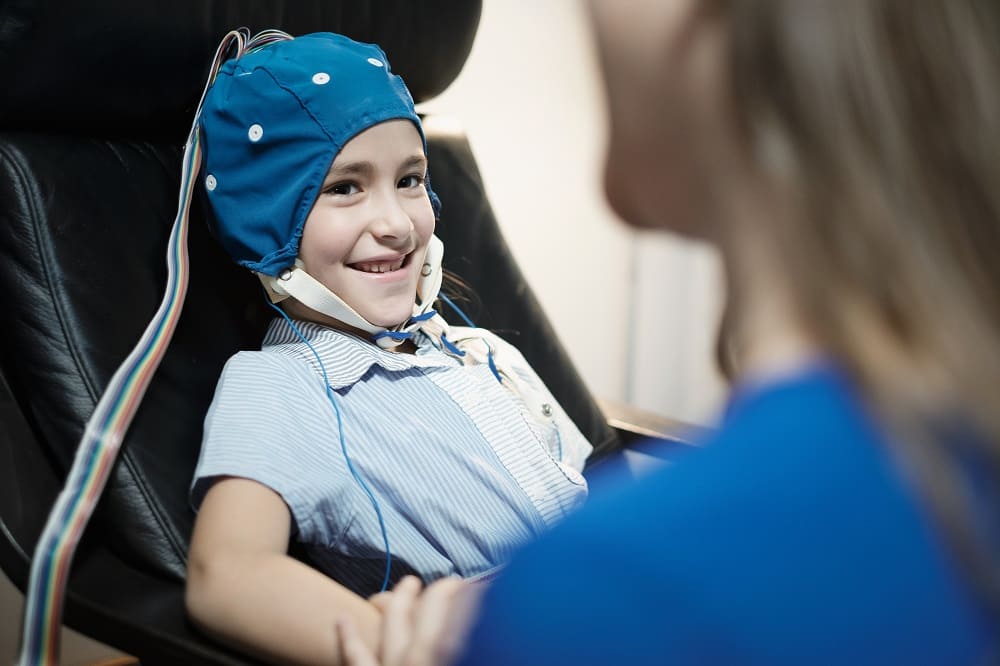Neurofeedback Training for Therapists in New York: Enhancing Client Care with Neurofeedback Equipment
As mental health awareness grows, therapists in New York are increasingly seeking innovative methods to enhance their practice. One such method gaining traction is neurofeedback training, an evidence-based approach that offers therapists a powerful tool to help clients manage various mental health challenges. This article explores what neurofeedback is, how therapists can integrate it into their practice, and the benefits it offers to clients. Read more





